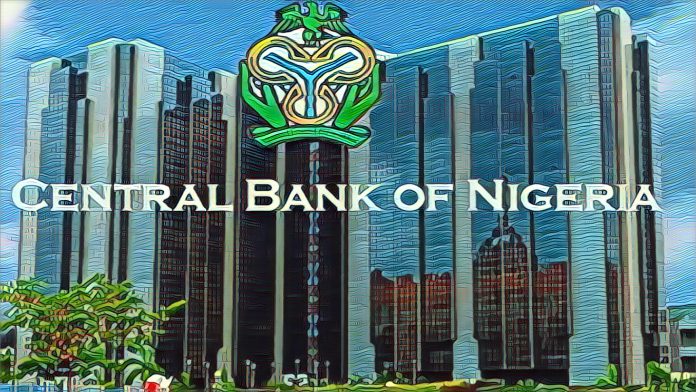Nigeria’s Central Bank has raised its benchmark interest rate to 26.25%, a significant increase aimed at curbing rising inflation. This marks one of the most substantial hikes in recent years, reflecting the bank’s aggressive stance on controlling inflation, which has been a persistent issue in Africa’s largest economy.
The decision to increase the rate by 150 basis points was made during a meeting of the Monetary Policy Committee (MPC). The Central Bank Governor emphasized the necessity of this move to stabilize the economy, noting that inflation has remained stubbornly high despite previous efforts to control it.
Inflation in Nigeria has been driven by several factors, including high food prices, increased energy costs, and ongoing supply chain disruptions. The country’s inflation rate recently climbed to 22.72%, the highest in nearly two decades. The Central Bank’s decision aims to rein in these pressures and bring inflation closer to its target range.
The rate hike is expected to have a mixed impact on the economy. While it could help reduce inflation, it may also slow down economic growth by increasing borrowing costs for businesses and consumers. The banking sector is likely to feel the immediate effects, with higher interest rates potentially leading to reduced lending and borrowing.
Economists are divided on the long-term implications of the rate increase. Some believe it will help stabilize the economy and restore investor confidence, while others worry it could stifle growth and exacerbate unemployment. Small and medium-sized enterprises (SMEs), which are critical to Nigeria’s economy, might struggle with higher loan costs, potentially leading to business closures and job losses.
Despite these challenges, the Central Bank remains optimistic about the country’s economic prospects. Officials are hopeful that the rate hike will curb inflationary pressures and pave the way for more sustainable economic growth. The bank has also indicated that it will continue to monitor economic conditions closely and adjust policies as needed.
Nigeria’s government has been taking additional measures to address the economic challenges. Efforts to diversify the economy away from oil dependency, improve infrastructure, and enhance the business environment are ongoing. These initiatives, combined with monetary policy adjustments, are expected to contribute to a more resilient and diversified economy.
The Central Bank’s decision underscores the delicate balance between controlling inflation and supporting economic growth. As Nigeria navigates these challenges, the focus remains on achieving long-term economic stability and improving living standards for its citizens.
While the road ahead may be challenging, there is hope that with the right policies and continued efforts, Nigeria can overcome its economic difficulties and achieve sustainable growth.
Source: Reuters



